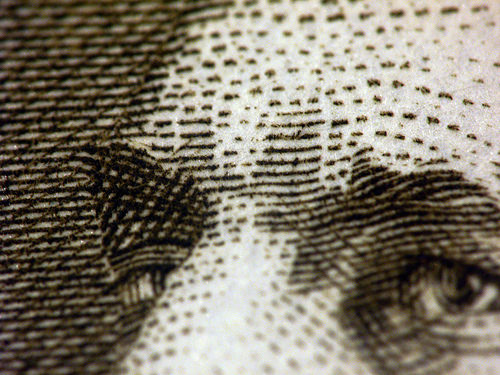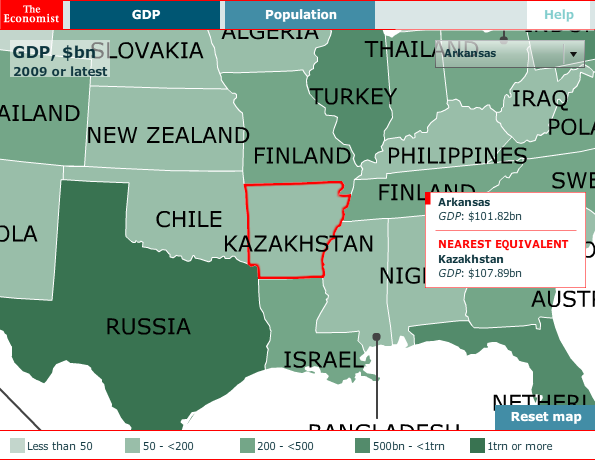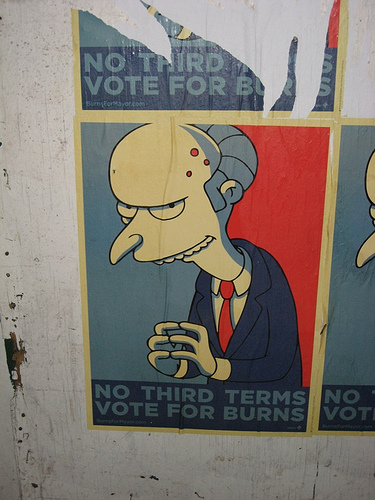Looking for a job or a great deal on a condo? Well Ben Bernanke has some news for you! Our Treasury Secretary and the U.S. Senate got together today for a little chat about the state of the economy. Ben says:
“We have seen increased evidence that a self-sustaining recovery in consumer and business spending may be taking hold.”

credit: kevindooley
The story:
Basically, Americans are starting to spend more money on everything besides real estate. That’s pretty good. But the unemployment rate is still 9.4%, which is bad. In fact, it may take up to five years for the job market to get back in shape.
The plan:
So what’s the plan? First of all, Bernanke practically begged lawmakers to get their rear in gear and rearrange the federal government’s disastrous spending habits (which have led to bigger and bigger budget deficits over the years). And then there’s… quantitative easing!
The important thing you don’t understand but easily could if you just read this:
Friends, it’s time you learned what quantitative easing is. Basically, it’s a way for the government to pump more money into the economy without causing crazy inflation, which would make all that new money worth a lot less.
Here’s how it works: the Treasury prints some money for itself, and uses that money to buy stuff (mostly bonds) from banks and financial institutions throughout the country. Bam! More money in the economy.
But flooding the economy with cash usually causes inflation (which means your dollar will buy less than it used to). So the Fed is working hard to keep the inflation rate below 2%. But you probably don’t need to get into all that detail in a friendly conversation.
So now you know.






